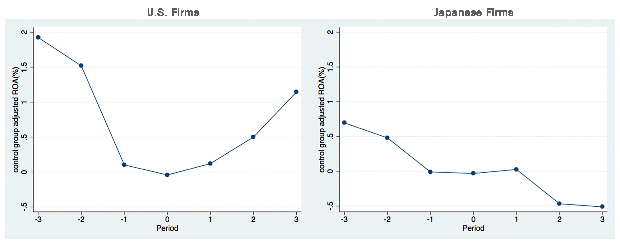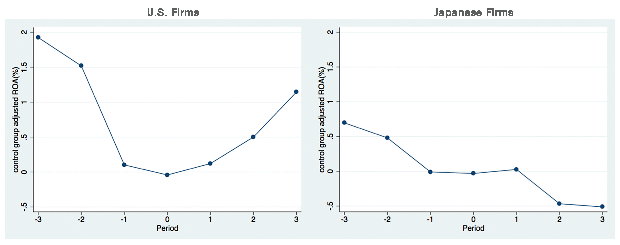
”Public companies are beholden to align long-term interests of executive officers with those of their shareholders, and this balance often manifests in how executives are paid in relation to company performance. Many companies address this through use of equity packages, but because executives can still sell or hedge these shares, their incentives to make long-term decisions for the company are not always clear. To avoid this, many companies implement stock ownership guidelines, requiring executives to own a certain amount of equity in the company.




